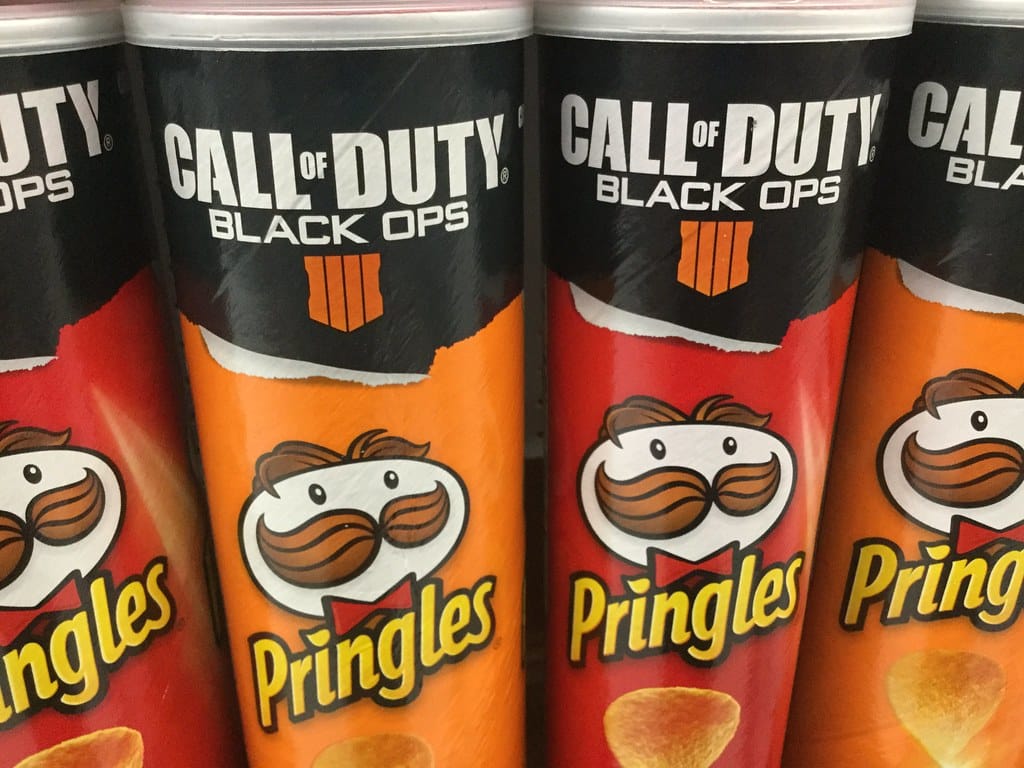Activision Takes Legal War to Federal Court Against 'Parasitic' Call of Duty Cheat Developers
Gaming giant Activision has escalated its battle against cheating software makers, filing a sweeping federal lawsuit in Los Angeles that could reshape how the industry combats online gaming fraud.
The publisher behind the billion-dollar Call of Duty franchise has launched what may be its most aggressive legal offensive yet against cheat developers, targeting what it calls a "parasitic ecosystem" that threatens the integrity of competitive gaming. The case, filed in the Central District of California, seeks millions in damages and permanent injunctions against multiple cheat software companies.
The Multi-Million Dollar Cheating Industry
What was once basement hackers selling simple aim-bots has evolved into a sophisticated industry generating tens of millions annually. According to industry estimates, the gaming cheat software market now exceeds $100 million globally, with premium Call of Duty cheats selling for $200-500 per month.
Activision's lawsuit specifically targets several major cheat providers, including EngineOwning, a German-based operation that reportedly generates over $13 million annually from its subscription-based cheating software. The company's legal filing details how these organizations operate like legitimate businesses, complete with customer support, software updates, and marketing campaigns targeting frustrated gamers.
"These defendants are not just undermining fair play – they're operating criminal enterprises that profit from destroying the gaming experience for millions of players," the lawsuit states.
Beyond Simple Cheating: A Complex Ecosystem
The legal action reveals the sophisticated nature of modern gaming cheats, which go far beyond the simple speed hacks of gaming's early days. Today's cheat software includes:
- Advanced aimbots that can distinguish between teammates and enemies
- Wallhacks that reveal player positions through solid objects
- Radar systems that provide real-time enemy locations
- Recoil compensation that eliminates weapon kickback
- ESP (Extra Sensory Perception) features showing weapon and item locations
These tools don't just give players unfair advantages – they fundamentally break the competitive balance that drives engagement in games like Call of Duty: Warzone, which has attracted over 100 million players since its 2020 launch.
The Business Impact of Cheating
For Activision, cheating represents more than just frustrated players – it's a direct threat to revenue streams worth billions. The company's filing includes internal data showing significant player dropoff in matches with confirmed cheaters, directly impacting in-game purchases and battle pass sales.
"When legitimate players encounter cheaters, they're 40% more likely to stop playing that session immediately," according to data cited in the lawsuit. This player attrition translates to real financial losses for a company whose gaming division generated $5.9 billion in revenue last year.
The lawsuit also highlights how cheat developers actively circumvent Activision's anti-cheat systems, creating a costly technological arms race that diverts resources from game development.
Legal Precedent and Industry Implications
This isn't Activision's first legal rodeo with cheat makers. Previous lawsuits have resulted in multi-million dollar settlements, including a $5 million judgment against CxCheats in 2022. However, the current case takes a broader approach, targeting the entire supply chain of cheat development and distribution.
The lawsuit invokes multiple legal theories, including:
- Copyright infringement through unauthorized game modification
- Computer fraud under federal cybercrime statutes
- Tortious interference with business relationships
- Unfair competition under California state law
Legal experts suggest this comprehensive approach could establish stronger precedents for future anti-cheat litigation across the gaming industry.
The Road Ahead
While Activision continues its legal battles, the company has simultaneously invested heavily in technological solutions. Its proprietary RICOCHET anti-cheat system, deployed across Call of Duty titles, uses kernel-level detection and machine learning to identify suspicious behavior patterns.
However, the cat-and-mouse game between cheat developers and anti-cheat systems continues to evolve, with new bypasses and exploits emerging regularly.
Conclusion: Setting New Standards
Activision's aggressive legal strategy represents a pivotal moment for the gaming industry's fight against cheating. By framing cheat developers as "parasitic" enterprises that damage the entire gaming ecosystem, the company is seeking not just financial compensation, but fundamental changes to how cheating software is developed, marketed, and distributed.
The outcome of this federal case could establish new legal precedents that either significantly raise the costs and risks for cheat developers – or demonstrate the limitations of pursuing justice through the courts. For the millions of Call of Duty players seeking fair competition, the stakes couldn't be higher.

